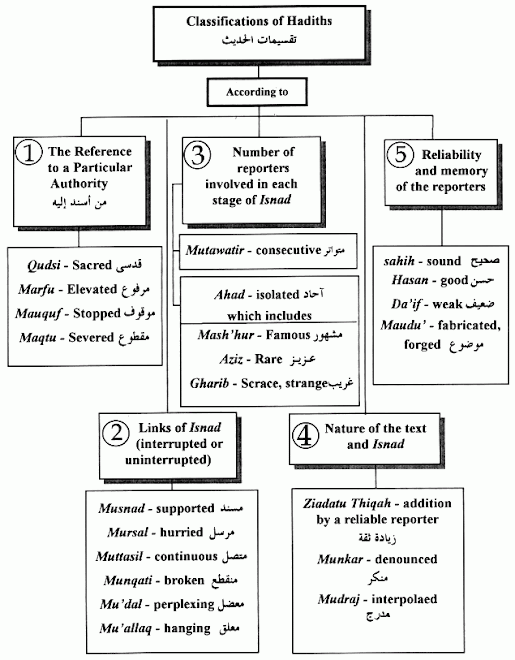Friday, June 24, 2011
Iran's Theocracy: From Khumayni to Khamenei (Hujjat al-Islam Mohsen Kadivar)
Mohsen Kadivar is an Iranian Twelver Shi'i religious scholar who is very critical of the governing regime headed by al-Sayyid 'Ali Khamenei. Though he is a critic of many of Khumayni's ideas, Kadivar also provides a nuanced portrait of the revolutionary grand ayatullah.
Thursday, June 23, 2011
Islam and the Taliban: An Essay by Javed Ahmad Ghamidi
 Below is an essay by Javed Ahmad Ghamidi, an influential contemporary Pakistani religious scholar, on "Islam and the Taliban" in which he critiques these movements' religio-political ideology.
Below is an essay by Javed Ahmad Ghamidi, an influential contemporary Pakistani religious scholar, on "Islam and the Taliban" in which he critiques these movements' religio-political ideology._________________________
| Islam and the Taliban |
| Reflections Javed Ahmad Ghamidi (Tr. by:Asif Iftikhar) |
Islam and the Taliban1
The Taliban says that democracy is a concept alien to Islam. The ideal way of setting up an Islamic government in our times is the one that it adopted for Mullāh ‘Umar’s government in Afghanistan. The constitution, the parliament, and elections are nothing but modern day shams. For its implementation, Islam does not depend on any of these mechanisms. Whatever interpretations have been accepted in the Ḥanafī law2 are final and authoritative. The opinions of its jurists have all been compiled in matters related to individual as well as collective affairs. These opinions and verdicts, in the Taliban’s view, are based on the Qur’ān, the sunnah (the Prophet’s teachings), ijmā‘ (consensus), and qiyās (analogy) and are contained in the manuals of fiqh (Islamic law) and in the fatāwā (verdicts) of “qualified” Muslim jurists. These laws and verdicts must be implemented. And this implementation does not require the approval of any parliament. The modus operandi recommended by the Taliban is that all institutions of the government be under the judiciary and the judiciary itself be in control of the ‘ulamā’ (religious scholars) as it is the ‘ulamā’ who are the experts in the understanding and interpretation of the sharī‘ah (Divine law). The Taliban believes that the last 1200 years of Muslim tradition stands in its support. In its opinion, after the appointment of Imam Abū Yūsuf as the qādī al-quḍāt (Chief Justice) of the Abbasid sultanate, the same modus operandi was adopted everywhere for the implementation of Islam. It was the Western colonialism that put an end to this tradition. Now, the Muslims are independent; therefore, this approach to running the affairs of the state in accordance with the sharī‘ah must also be restored.
The activism of the Taliban is for the purpose explained above. In this battle, suicide missions are its greatest weapon. The Taliban believes that this weapon is a special blessing of God to enable it to fight the armies equipped with modern technology. With this weapon, it believes that it can make any government in the world fall to its knees. The basic features of the strategy the Taliban has adopted thus far are:
Read the rest at MONTHLY RENAISSANCE.



